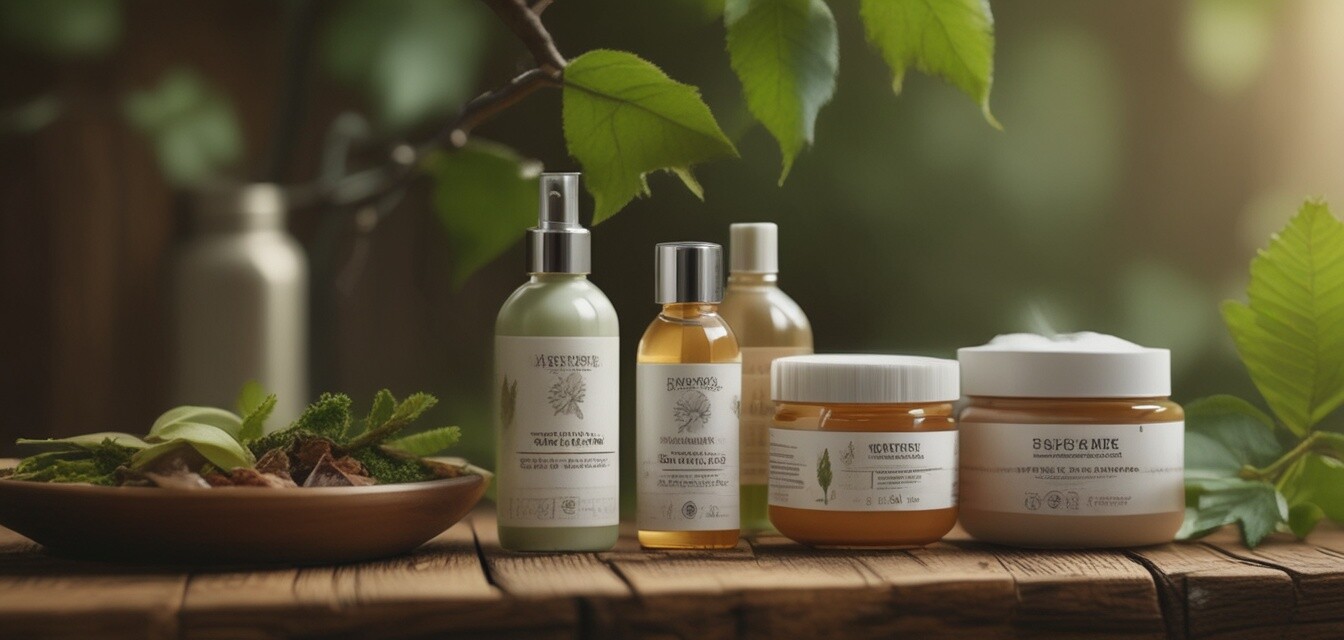
Should you try organic skin peels?
Key Takeaways
- Organic skin peels can promote healthier and more radiant skin.
- Ingredients should be carefully checked to ensure they align with your skin type.
- Consider potential side effects and consult with a skincare professional.
- Various types of peels are available, each with unique benefits for your skin.
Organic skin peels have gained popularity in recent years, becoming a go-to solution for many seeking to enhance their skincare routine. But are they right for you? In this article, we will explore the benefits, considerations, and factors to keep in mind when deciding to incorporate organic skin peels into your regimen.
What are organic skin peels?
Organic skin peels are skincare treatments made from natural ingredients designed to exfoliate the skin, removing dead cells and promoting a brighter complexion. Unlike synthetic peels, organic options utilize plant-based ingredients such as fruit acids, enzymes, and botanicals to deliver results with fewer chemicals.
The benefits of organic skin peels
Incorporating organic skin peels into your skincare routine can provide a multitude of benefits:
- Gentle exfoliation: Organic peels can remove dead skin without harsh scrubbing.
- Natural ingredients: They use plant-based extracts that are often free from harmful substances.
- Improved skin texture: Regular use can enhance skin smoothness and radiance.
- Antioxidant properties: Many organic ingredients contain antioxidants that help combat skin damage.
Types of organic skin peels
There are various types of organic skin peels available, each targeting different skin concerns:
| Type of Peel | Key Ingredients | Best For |
|---|---|---|
| Fruit Acids Peel | Alpha Hydroxy Acids (AHAs), Sugarcane Extract | Sun-damaged skin and uneven texture |
| Enzyme Peel | Pineapple, Papaya, Pumpkin | Sensitive skin and dullness |
| Herbal Peel | Chamomile, Green Tea, Aloe Vera | Redness and irritation |
Considerations before trying organic skin peels
While organic skin peels offer various advantages, it's essential to consider the following factors:
- Skin type: Always choose a peel suitable for your skin type. Consult with a professional if unsure.
- Allergy testing: Conduct a patch test to prevent adverse reactions.
- Post-peel care: Follow instructions for aftercare to maximize benefits and minimize side effects.
How to incorporate organic skin peels into your routine
To effectively integrate organic skin peels into your skincare routine, consider the following tips:
Tips for beginners
- Start slowly; use a peel once every few weeks to gauge your skin's reaction.
- Follow the recommended application time; avoid leaving the peel on for longer than suggested.
- Hydrate your skin after peeling to maintain moisture levels.
Where to buy organic skin peels?
Finding quality organic skin peels can enhance your experience. Be sure to check reputable sources, such as:
- Exfoliators & masks for targeted treatments.
- Facial cleansers to prep your skin before peels.
- Moisturizers & serums to nourish skin post-peel.
Conclusion
Organic skin peels can be a fantastic addition to your skincare routine, offering numerous benefits while promoting healthier skin. By understanding your skin's needs and choosing the right product, you can enjoy glowing results. If you're new to peels or want to explore organic options, take the time to research and consult with professionals for guidance on making the best choices.
Pros
- Natural ingredients
- Less likely to cause irritation
- Promotes an even skin tone
Cons
- Results may take longer to appear
- Possible allergic reactions to natural ingredients
- Need for proper aftercare


